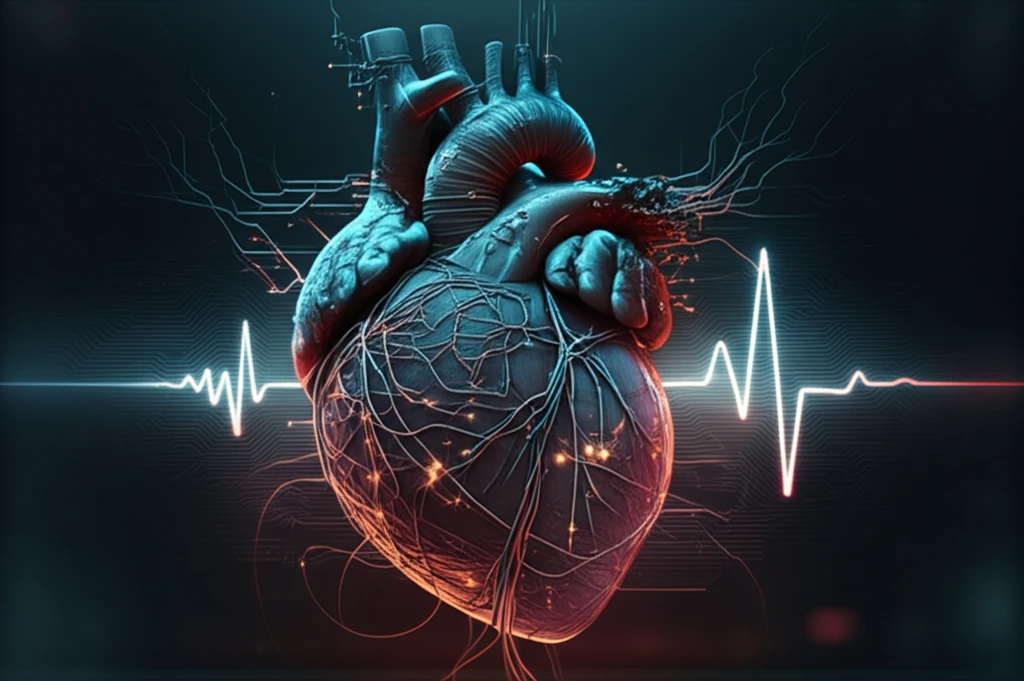
Decoding Heart Rhythms: A Comprehensive Guide to Understanding Arrhythmia and Electrophysiology
"Embark on a journey through the intricacies of heart rhythm disorders and electrophysiology. Discover fellowship opportunities and the latest advancements in cardiac care."
In the realm of cardiology, few areas are as dynamic and crucial as electrophysiology. Heart rhythm disorders, or arrhythmias, affect millions worldwide, impacting quality of life and posing significant health risks. Understanding the complexities of these conditions and the advancements in their treatment is vital for healthcare professionals and anyone interested in cardiac health.
This article delves into the fascinating field of electrophysiology, exploring the underlying mechanisms of arrhythmias, the latest diagnostic tools, and innovative therapies. It also highlights the importance of continuous learning and specialization in this rapidly evolving domain, drawing inspiration from pioneering initiatives like the Circulation: Arrhythmia and Electrophysiology Fellowship.
Whether you're a medical student, a seasoned cardiologist, or simply someone keen to learn more about heart health, this comprehensive guide offers valuable insights into the world of heart rhythm disorders. Join us as we unravel the complexities of electrophysiology and explore the future of cardiac care.
What is Electrophysiology and Why Does It Matter?

Electrophysiology is the study of the heart's electrical system, which controls the timing and coordination of heartbeats. When this system malfunctions, it can lead to arrhythmias, causing the heart to beat too fast, too slow, or irregularly. These conditions can range from benign palpitations to life-threatening events like sudden cardiac arrest.
- Electrophysiologic Studies (EPS): A diagnostic procedure that involves inserting catheters into the heart to map its electrical activity and identify the source of arrhythmias.
- Catheter Ablation: A minimally invasive treatment that uses radiofrequency energy or cryotherapy to destroy the abnormal tissue causing arrhythmias.
- Pacemakers and Defibrillators: Implantable devices that help regulate heart rhythm and prevent sudden cardiac arrest.
The Future of Electrophysiology: Innovation and Opportunity
The field of electrophysiology is constantly evolving, driven by technological advancements and a growing understanding of heart rhythm disorders. As we look to the future, several exciting trends are poised to transform cardiac care. Telemedicine and remote monitoring are making it easier for patients to access specialized care, while artificial intelligence is helping doctors analyze complex data and personalize treatment strategies. For those interested in pursuing a career in this dynamic field, fellowship programs like the Circulation: Arrhythmia and Electrophysiology Fellowship offer invaluable opportunities for training and mentorship. Whether you're a seasoned cardiologist or a medical student just starting out, the world of electrophysiology holds endless possibilities for making a difference in the lives of patients with heart rhythm disorders.
